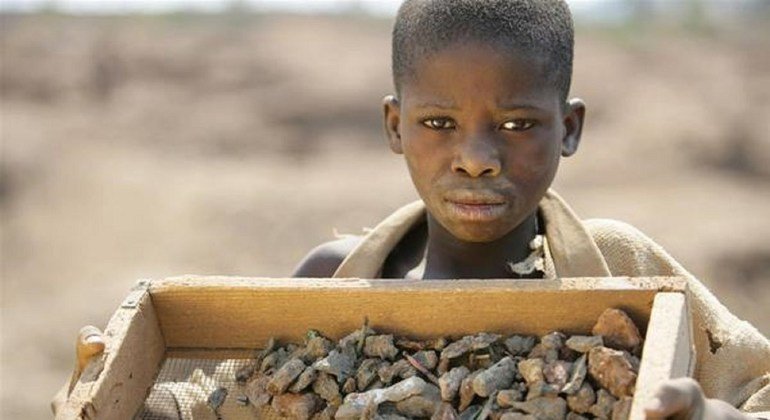The World Economic Situations and Prospects mid-year update, released by DESA, was discussed in an interview with the lead author, Hamid Rashid. Inflation has decreased from its peak in 2022, but central banks still have room for improvement. The US Federal Reserve targets personal consumption expenditure inflation, which includes rent and imputed rent, making it difficult for the number to decrease quickly. High inflation in some developing countries still poses a challenge, but overall, the trend is positive. When prices rise faster than wage growth rates, it impacts people’s standard of living, causing them to spend less and slowing down the economy.
Conflicts such as the war in Ukraine and the recent war in Gaza have had an impact on the global economy. Commodity prices spiked when the Ukraine war began, but have since stabilized. Similarly, the Gaza war led to some increases in oil and commodity prices, but the global market has responded efficiently, minimizing severe effects on prices. However, there have been other impacts, such as increased freight prices due to restrictions in the Red Sea route. Geopolitical risks, such as conflicts, remain a significant headwind for the global economy, leading to downward adjustments in growth forecasts for many African countries.
As a result of the COVID-19 pandemic, the global economy experienced a significant slowdown. The impact of the pandemic is evident in a graph from the report, showing a sharp decline in economic activity when the coronavirus hit. Governments around the world implemented lockdowns and restrictions to curb the spread of the virus, leading to disruptions in supply chains and reduced consumer spending. The economic consequences of the pandemic continue to be felt, with recovery efforts varying across different regions and countries.
The interview also touched on the challenges posed by high inflation rates in some developing countries, which can impact people’s purchasing power and overall economic stability. Inflation rates that outpace wage growth can lead to a decrease in real terms, making individuals worse off. Additionally, the interview highlighted the importance of considering the broader implications of conflicts on the global economy, such as disruptions in shipping routes and increased commodity prices. Geopolitical risks continue to be a significant factor affecting economic growth, particularly in regions facing instability due to ongoing conflicts.
Overall, the interview with Hamid Rashid shed light on various factors influencing the global economic outlook, from inflation trends to the impacts of conflicts and the lingering effects of the COVID-19 pandemic. By analyzing these factors and understanding their implications, policymakers and stakeholders can better navigate the challenges and opportunities present in the current economic landscape.









